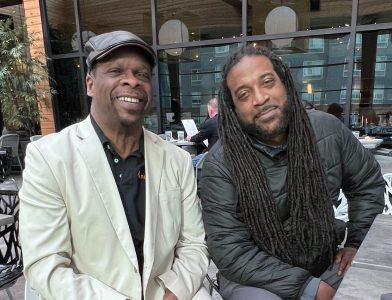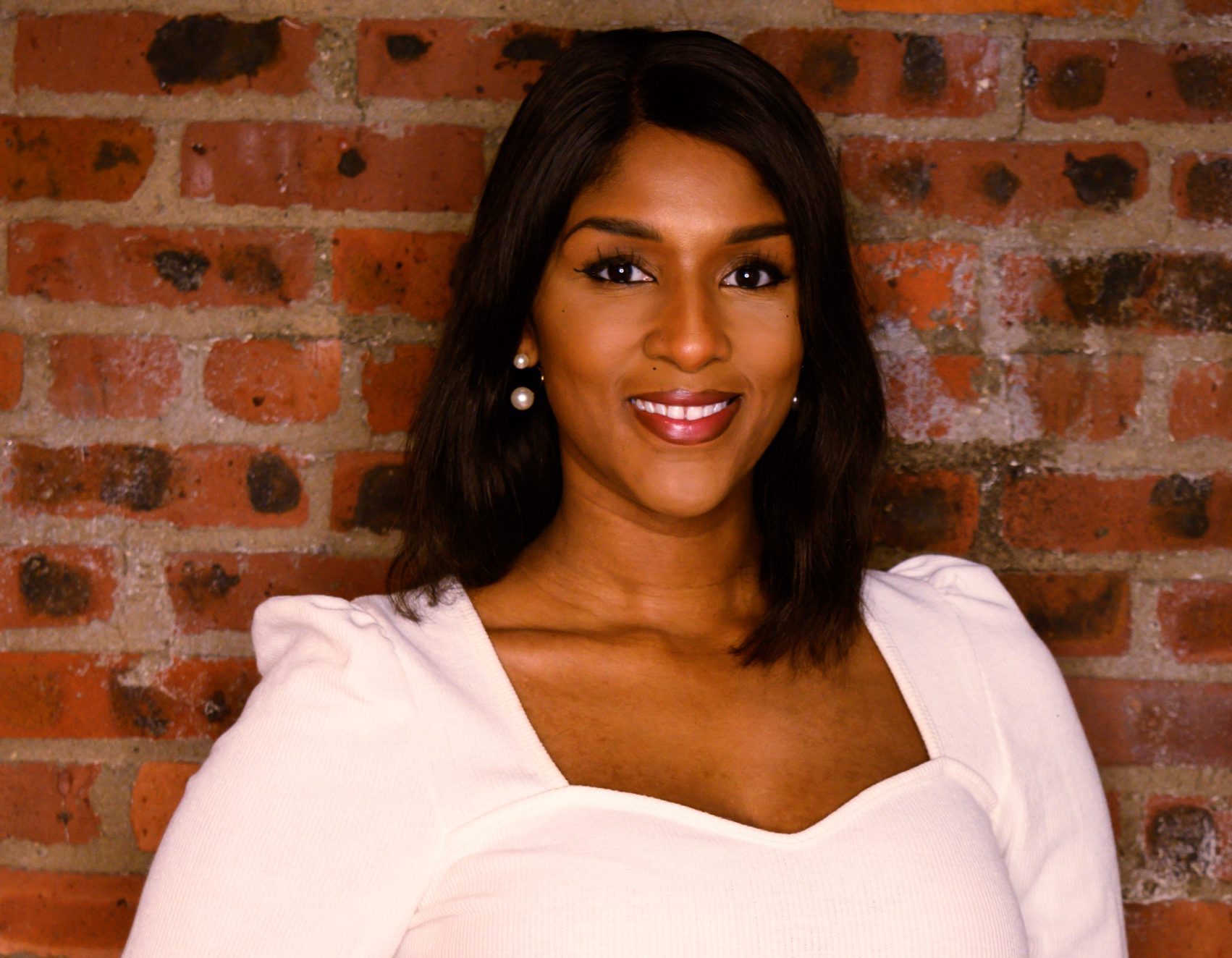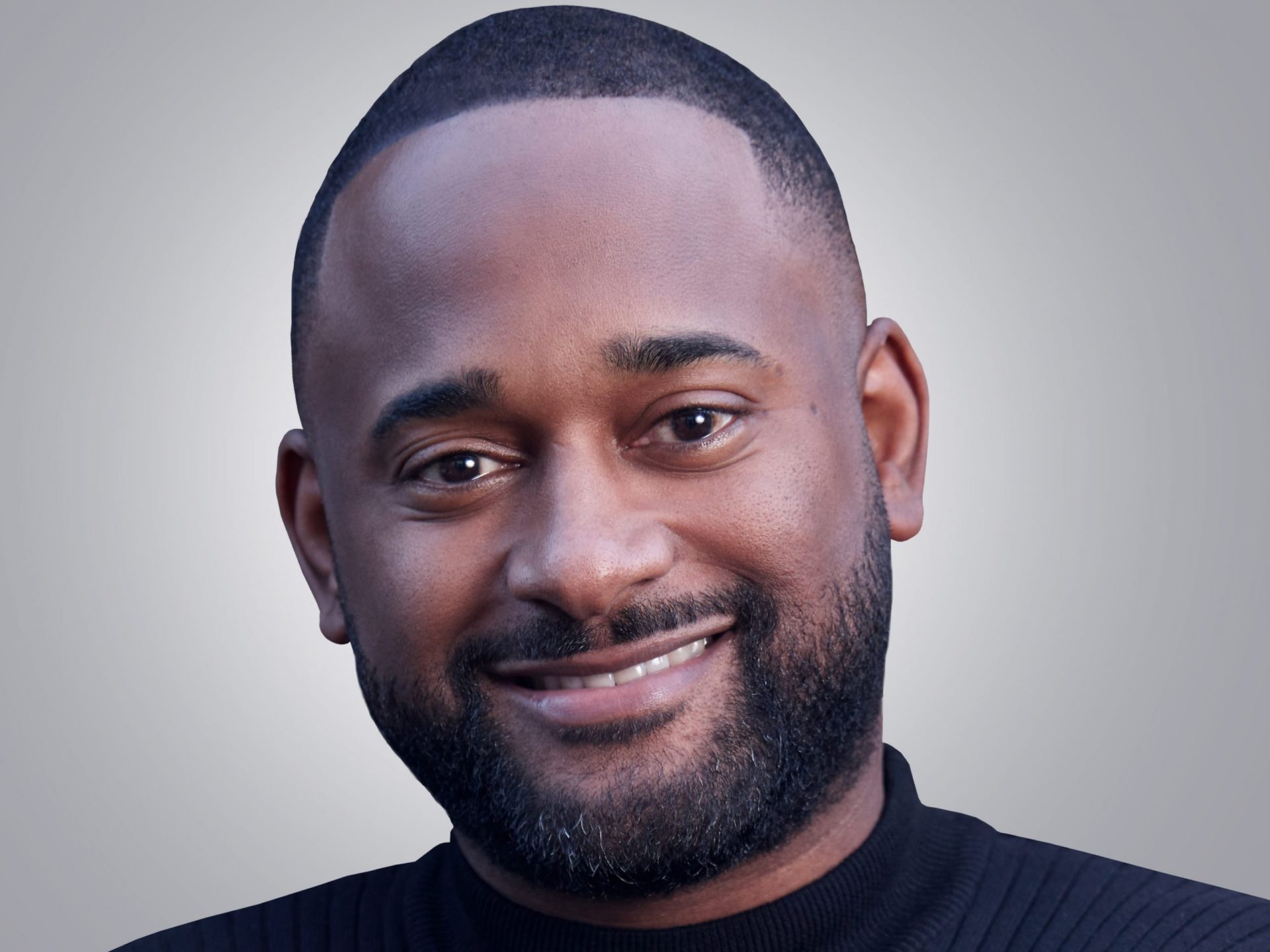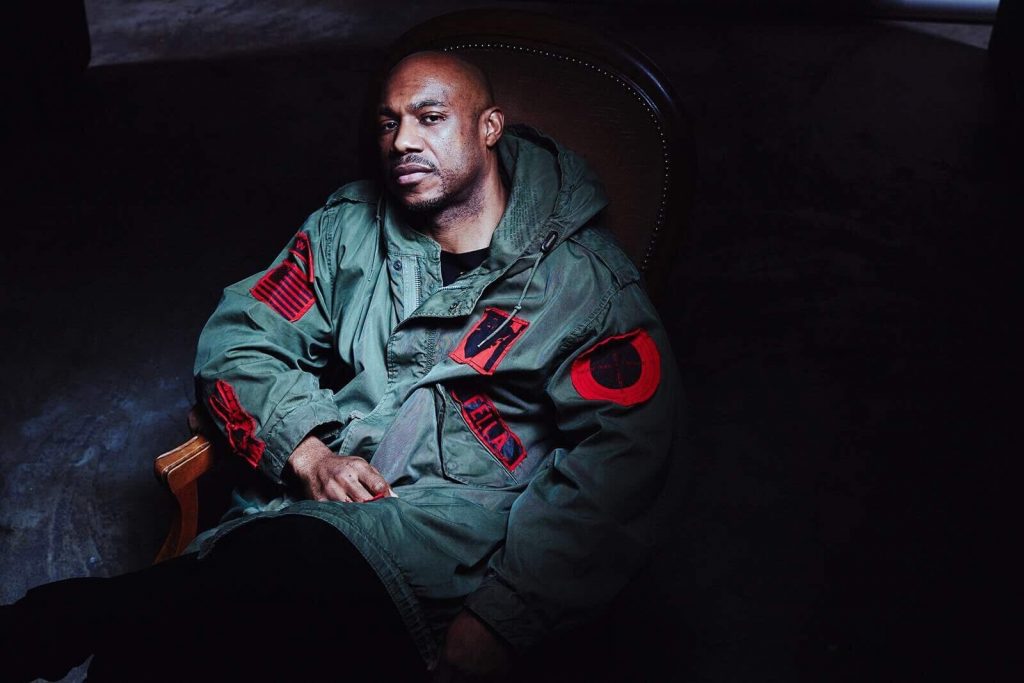 Dr. Jocelyn Wilson has studied hip-hop culture for over a decade. After recently earning a fellowship at Harvard University, Dr. Wilson is now working on behalf of the Hip-Hop Archives at the prestigious Ivy League school. Dr. Wilson sat down with rolling out to discuss the hip-hop generation’s views on education. –amir shaw
Dr. Jocelyn Wilson has studied hip-hop culture for over a decade. After recently earning a fellowship at Harvard University, Dr. Wilson is now working on behalf of the Hip-Hop Archives at the prestigious Ivy League school. Dr. Wilson sat down with rolling out to discuss the hip-hop generation’s views on education. –amir shaw
Why is it important to get an advanced degree?
Everybody is not going to get an advanced degree. I think that God places us on paths in the direction for what he wants us to do and we just have to put ourselves at a place in life where we can get those glimpses. I was able to see that an advanced degree was what I was going to need in order to do the type of work that I’ve been called to do. Other people are going to do other things, but education does give you an opportunity to get involved in a lot of different things. When you talk about the advantage of an advanced degree, it is an education and developing a skill that you have so that you can compete and participate in the American dream.
Do you think the hip-hop generation today takes getting an advanced degree seriously?
I think so. There are a lot of participants who consider themselves a part of the hip-hop community who have advanced degrees. They use their degrees to push the culture forward and to reimagine what the culture is. Often times, we sort of relegate ourselves to just the rappers and producers. We forget about the writers, directors, lawyers and doctors. All of the different people who are in a wide range of occupations who come out of this generation and take their education serious.
Was there anyone who mentored you while you were coming up through the ranks?
Sure. I had several teachers who mentored me and my family. One of my main mentors is a former civil rights icon, Andrew Young. Professor Morgan is mentoring me here to make sure I am tight enough to compete in an academic space. Mentors are very important and it’s important for mentees to mentor other people. I have my own mentees so that this knowledge can get transferred from one generation to the next.
What advice do you give to first-generation college prospects?
Stay focused and stay prepared. … It’s going to get hard, but you cannot let the difficulty that’s associated with getting something deter you from getting it. At the end of the day, it’s going to end; it’s temporary. But, when it ends, you’re going to be one step closer to being able to compete. Unfortunately, we live in a very competitive society that we didn’t create, but you’re either going to be a part of it or you’re not. I don’t want to get left behind.

















